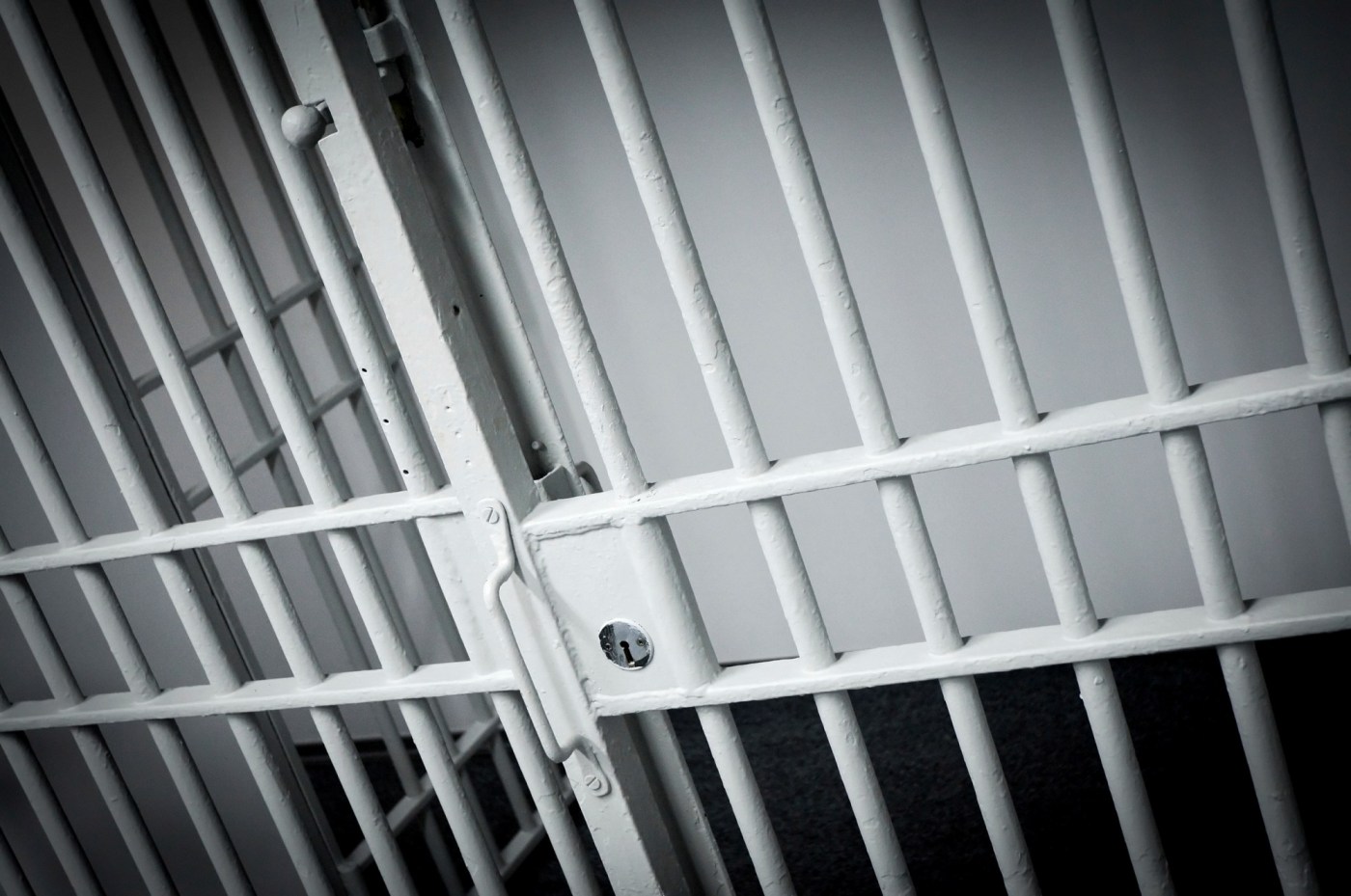El Salvador Seizes 1.4 Tons of Cocaine in Major Pacific Bust

El Salvador has successfully seized approximately 1.4 tons of cocaine floating in the Pacific Ocean, an operation announced by President Nayib Bukele on Tuesday. The seizure took place approximately 1,000 miles southwest of El Cordoncillo, near the Jaltepeque estuary, marking a significant intervention in the ongoing battle against international drug trafficking.
President Bukele emphasized the importance of this operation in his social media post, stating it represents a decisive strike against criminal networks. The estimated street value of the seized cocaine is approximately $35 million. This incident contributes to a broader campaign by El Salvador to combat drug trafficking, which has been a persistent issue in the region.
Continuing Efforts Against Drug Trafficking
The recent seizure is part of a series of operations aimed at disrupting the flow of narcotics through Central America, a region frequently used as a transit point for cocaine destined for the United States. According to President Bukele, from 2024 to 2025, El Salvador has confiscated a total of 37.2 tons of cocaine, valued at an estimated $932.4 million.
The U.S. Embassy in El Salvador commended the operation, stating, “Each successful action against criminal networks shows that there is a growing synchrony between partners with common goals.” This reflects a collaborative effort between the Salvadoran government and international partners, particularly the United States, in addressing drug trafficking challenges.
International Context and U.S. Involvement
The strategic importance of Central America in drug trafficking routes has drawn significant attention from U.S. authorities. The United States estimates that approximately 90 percent of the cocaine arriving in the country transits through Mexico and Central America via various methods, including small aircraft, boats, and semi-submersible vessels.
In recent months, U.S. President Donald Trump has taken a hardline approach against Latin American drug cartels, designating some of these organizations, including the Tren de Aragua, as foreign terrorist entities. The U.S. military has increased its presence in the region, deploying naval assets and fighter jets for operations aimed at disrupting drug trafficking.
Last week, Secretary of Defense Pete Hegseth confirmed that U.S. forces will remain active in the Caribbean, ready to strike at those identified as “narco terrorists” operating in the waters. This intensified focus on drug interdiction reflects a broader strategy to combat the influence of international drug cartels and their impact on both regional and global security.
As El Salvador continues its efforts to combat drug trafficking, the recent seizure of cocaine floating in the Pacific Ocean underscores the ongoing challenges faced by nations in the region. The collaboration between local authorities and international partners remains crucial in addressing the complexities of drug trafficking and its associated dangers.






